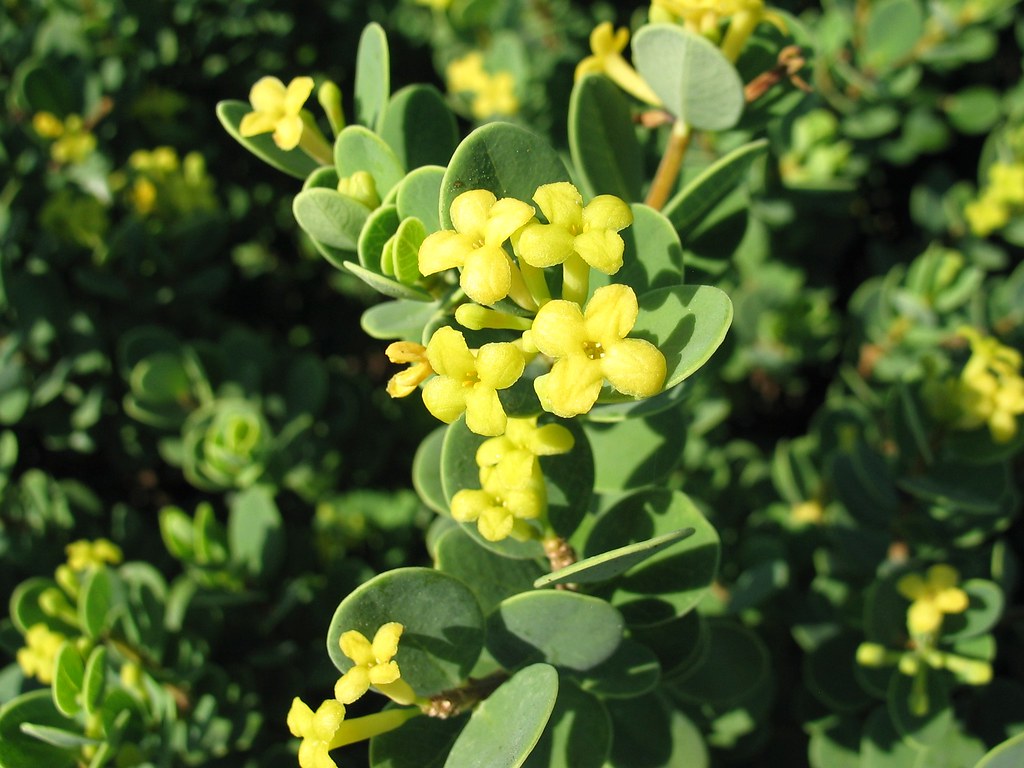Disclaimer: This Materia Medica is provided for informational purposes only and should not replace professional medical advice. Please consult with a qualified healthcare practitioner or herbalist before using any herbal remedies.
Materia Medica for Uva Ursi (Arctostaphylos uva-ursi)
Introduction: Uva Ursi, also known as bearberry, is a medicinal plant that has been used for centuries in traditional herbal medicine. As a professional herbalist, it is essential to understand its properties, actions, preparation methods, and potential contraindications to ensure safe and effective use. This comprehensive Materia Medica for Uva Ursi aims to provide you with a thorough understanding of this valuable botanical remedy.
Botanical Description:
- Latin Name: Arctostaphylos uva-ursi
- Family: Ericaceae
- Common Names: Uva Ursi, Bearberry, Mountain Cranberry, Bear’s Grape
- Parts Used: Leaves
Habitat and Distribution: Uva Ursi is native to North America, Europe, and Asia. It thrives in cold, rocky, and mountainous regions, often found in coniferous forests and heathlands.
Constituents: Uva Ursi contains several bioactive compounds, including:
- Arbutin
- Hydroquinone
- Tannins (particularly ellagitannins)
- Flavonoids
- Ursolic acid
- Resins
- Volatile oils
Actions:
- Diuretic: Uva Ursi is primarily known for its diuretic properties, helping to increase urine production and eliminate excess fluids from the body.
- Antiseptic: Its high arbutin content is converted into hydroquinone in the urine, which exhibits antiseptic properties, making Uva Ursi valuable in treating urinary tract infections (UTIs).
- Astringent: The tannins present in Uva Ursi contribute to its astringent action, aiding in toning and tightening mucous membranes.
- Anti-inflammatory: It can help reduce inflammation in the urinary tract.
- Antioxidant: The flavonoids and other constituents have antioxidant effects, protecting cells from oxidative damage.
Indications: Uva Ursi is traditionally used for the following conditions:
- Urinary Tract Infections (UTIs): Uva Ursi is especially effective against E. coli bacteria, a common cause of UTIs. It can alleviate symptoms such as pain, burning, and frequent urination.
- Cystitis: Uva Ursi can help relieve the inflammation and discomfort associated with cystitis.
- Kidney Stones: It may aid in preventing the formation of certain types of kidney stones.
- Edema: Due to its diuretic action, Uva Ursi can be used for mild cases of edema and fluid retention.
- Prostatitis: In some cases, Uva Ursi may help alleviate symptoms of prostatitis.
Preparation and Dosage:
- Infusion: Steep 1-2 teaspoons of dried Uva Ursi leaves in hot water for 10-15 minutes. Drink up to 3 cups per day.
- Tincture: Take 2-4 ml (1:5 tincture) three times a day.
- Capsules: Follow the manufacturer’s recommended dosage.
Contraindications and Cautions:
- Pregnancy and Lactation: Uva Ursi is contraindicated during pregnancy and breastfeeding due to its potential to stimulate uterine contractions and pass into breast milk.
- Renal Impairment: Avoid using Uva Ursi in cases of kidney disease or impaired kidney function.
- Long-term Use: Extended use of Uva Ursi should be avoided, as it may lead to potential liver toxicity from hydroquinone buildup.
- Children: It is generally not recommended for use in children.
Side Effects: Common side effects of Uva Ursi may include gastrointestinal discomfort, nausea, and greenish-brown discoloration of urine. If these symptoms occur, discontinue use.
Interactions:
- Uva Ursi may interact with diuretic medications, increasing the risk of dehydration.
- It may potentiate the effects of anticoagulant medications.
Conclusion: Uva Ursi is a valuable herbal remedy with a long history of use for urinary tract conditions. However, it should be used with caution and under the guidance of a qualified herbalist due to potential contraindications and side effects. Always consult with a healthcare professional before using Uva Ursi, especially if you have underlying health conditions or are taking medications.







